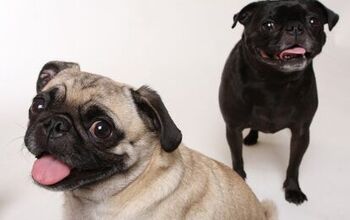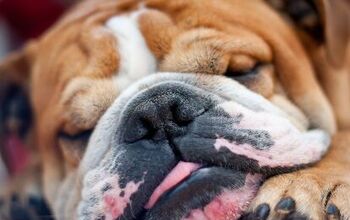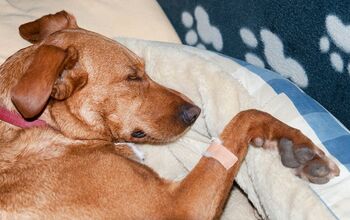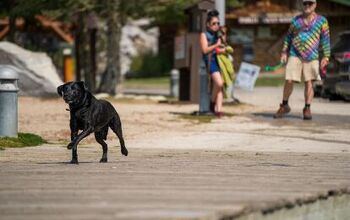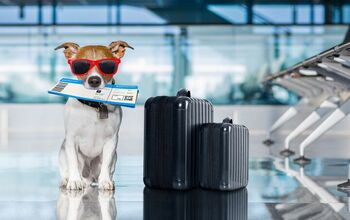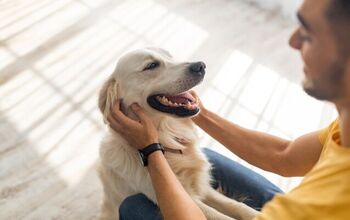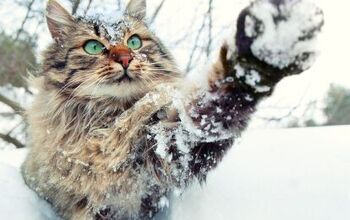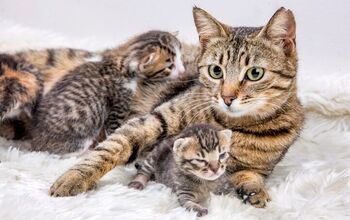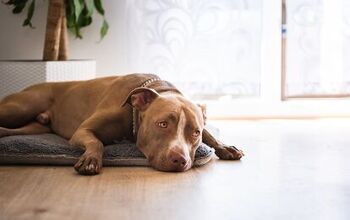What Is Reverse Sneezing in Dogs?

Reverse sneezing, also known as inspiratory paroxysmal respiration, is a condition that often worries dog owners because of its dramatic presentation. Unlike regular, common sneezing, which involves expelling air out through the nose, reverse sneezing occurs when a dog rapidly pulls air into its nose. This phenomenon is characterized by sudden, repeated, and forceful inhalations through the nose, accompanied by a snorting sound that can be quite alarming to those unfamiliar with the condition. But is it a cause for worry? Here’s the scoop on this weird behavior.
What Is Reverse Sneezing in Dogs?
What reverse sneezing essentially is is a spasm of the throat and the soft palate. During an episode, the dog’s airway temporarily narrows, causing the dog to extend its neck and make loud snorting noises as it tries to clear the irritation. These episodes are usually brief, lasting from a few seconds to a couple of minutes, and they typically resolve on their own without intervention.
There are several key factors that can trigger reverse sneezing in dogs. Here are some common causes:
#1 Irritants:
Environmental irritants, such as pollen, dust, perfumes, and smoke can all cause reverse sneezing. Dogs with allergies, or those exposed to new or strong scents are particularly susceptible. For dogs with allergies, supplements can be of great help in managing symptoms and even relieving them altogether.
#2 Nasal Mites:
Infestation with nasal mites can cause irritation in the nasal passages, leading to episodes of reverse sneezing.
#3 Excitement or exercise:
Some dogs may experience reverse sneezing during periods of excitement, stress, or after vigorous exercise.
#4 Respiratory infections:
Conditions like upper respiratory infections, rhinitis, or sinusitis can also be culprits.
#5 Anatomical factors:
Dogs with shorter snouts, such as Pugs and Bulldogs, are more prone to reverse sneezing due to the structure of their airways.
Identifying reverse sneezing is relatively straightforward once you know what to look for. Some of the key characteristics include:
- Sudden onset of forceful inhalations through the nose
- Extended neck and head posture
- Loud snorting or honking sounds
- Episodes lasting from a few seconds to a minute or two
- Normal behavior before and after the episode
Unlike more serious respiratory issues, dogs experiencing reverse sneezing usually return to normal immediately after the episode, without lingering symptoms like coughing, gagging, or wheezing. And even though reverse sneezing can be alarming, it is generally harmless and does not require medical treatment. Nevertheless, there are a few steps you can take to help your dog during one of these episodes.
- Stay Calm:
Dogs can sense your fear and anxiety, which may make the situation worse. Just remain calm and reassure your pet.
- Gently Massage their Throat:
If you gently and lightly massage your dog’s throat, it can help stop the spasms.
- Cover their nostrils:
Briefly covering your dog's nostrils can encourage swallowing, which may help clear the irritation.
- Create a Calm Environment:
If possible, move your pet to a quiet and calm area, away from any potential irritants.
Although reverse sneezing is typically benign, there are instances where a veterinary visit is warranted. For example, if the sneezing episodes are experienced more frequently than usual, it can indicate an underlying issue that needs to be addressed. Similarly, episodes that last longer than a couple of minutes or occur multiple times in a short period may require medical attention.
If your dog shows signs of distress, such as coughing, nasal discharge, or difficulty breathing, consult your vet.

A proud mama to seven dogs and ten cats, Angela spends her days writing for her fellow pet parents and pampering her furballs, all of whom are rescues. When she's not gushing over her adorable cats or playing with her dogs, she can be found curled up with a good fantasy book.
More by Angela Vuckovic







